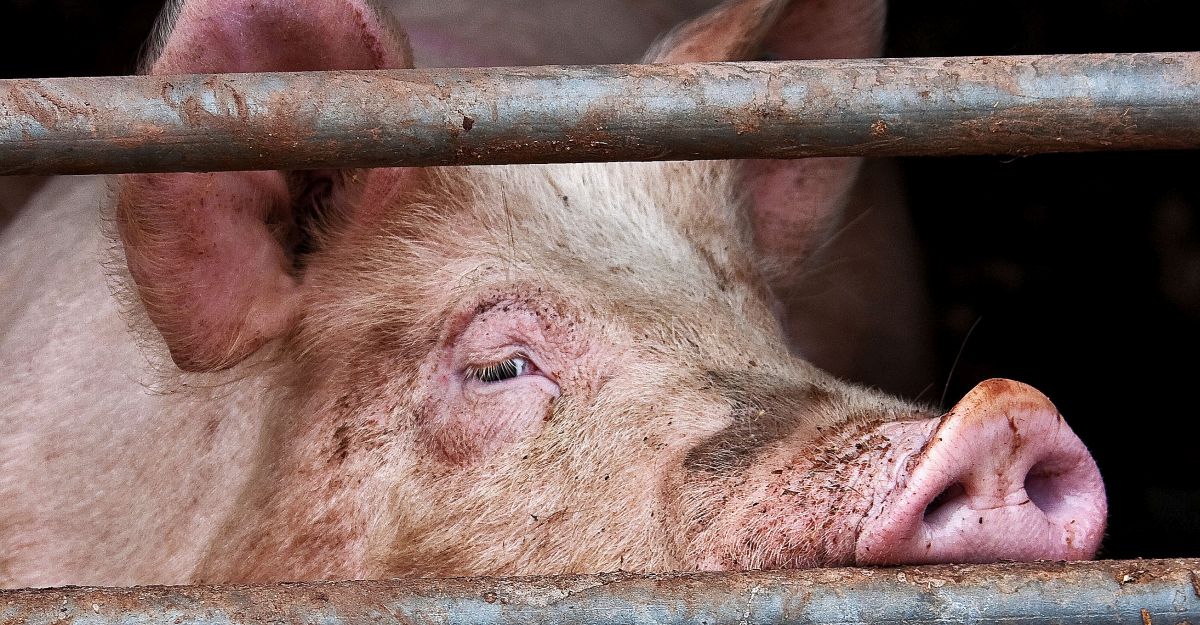‘The End of the Party’
Complete Short Stories
Graham Greene
Penguin
 Graham Greene described his short stories as ‘scraps’, and ‘escapes from the novelist’s world’. ‘The End of the Party’, however, delves into the serious subjects of death, fear, faith and human relationships – common to many of his novels – woven into a dark, supernatural tale. Written in 1929, ‘The End of the Party’ is one of Greene’s earlier short stories. It originally appeared in Nineteen Stories (1947), and is now included in Twenty-One Stories (1954), and Complete Short Stories (2005).
Graham Greene described his short stories as ‘scraps’, and ‘escapes from the novelist’s world’. ‘The End of the Party’, however, delves into the serious subjects of death, fear, faith and human relationships – common to many of his novels – woven into a dark, supernatural tale. Written in 1929, ‘The End of the Party’ is one of Greene’s earlier short stories. It originally appeared in Nineteen Stories (1947), and is now included in Twenty-One Stories (1954), and Complete Short Stories (2005).
The narrative centres on twin brothers, Peter and Francis Morton, who share a disconcertingly close bond. They silently understand and experience each other’s reality. Peter is the stronger twin and tries to protect his fragile and anxious brother. Greene plays with the complex nature of relationships between twins – the strange juxtaposition of loyalty and repulsion towards what is essentially a double identity. They have been invited to an annual birthday party, at which hide and seek is always played. Francis is intensely afraid of the dark, and after an unpleasant experience the previous year, is filled with dread at the thought of going to the party again. From the very beginning there is a sense of menace, which lingers throughout the story. At times Greene’s use of foreshadowing – constant references to death, darkness, birds and bats – is slightly heavy-handed. Had he used this device more sparingly, it would have been far more effective.
Nonetheless, one is instantly drawn into the narrative, which moves along at a cracking pace. The prose is fluid and extremely readable. Although Greene always tackles complex territory, he manages to do so in a compelling style. As a practicing Catholic, he often explores conflicting elements of faith – reliance upon God, feeling let down, questioning one’s faith, and believing that destiny is completely dependant on God’s will.
Francis’s fear, and the power of it, is like a separate entity. Towards the end of the story, the fear seems to transfer itself onto Peter, or possibly possesses him too. Greene examines the idea that fear can be a haunting presence within the human psyche, perhaps suggesting that it exists only when faith is absent.
There are parallels between Greene’s personal history and the experiences of Francis. In the story, Francis feels different and alone, and is bullied by other children at the party because of his fear of the dark. He is plagued by thoughts about death. Greene was also bullied during his childhood, and attempted suicide several times as a teenager. The writing certainly possesses a depth of understanding and sadness. Characters are finely drawn, with keen observational skills and empathy. The reader is captivated by Greene’s storytelling while being gently invited to reflect upon the ideas he is presenting. ‘The End of the Party’ leaves a resonance that is disturbing and eerie as one identifies with, and remembers, the intensity of childhood fears.





